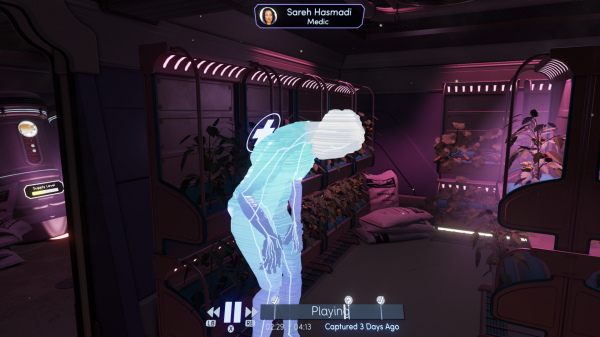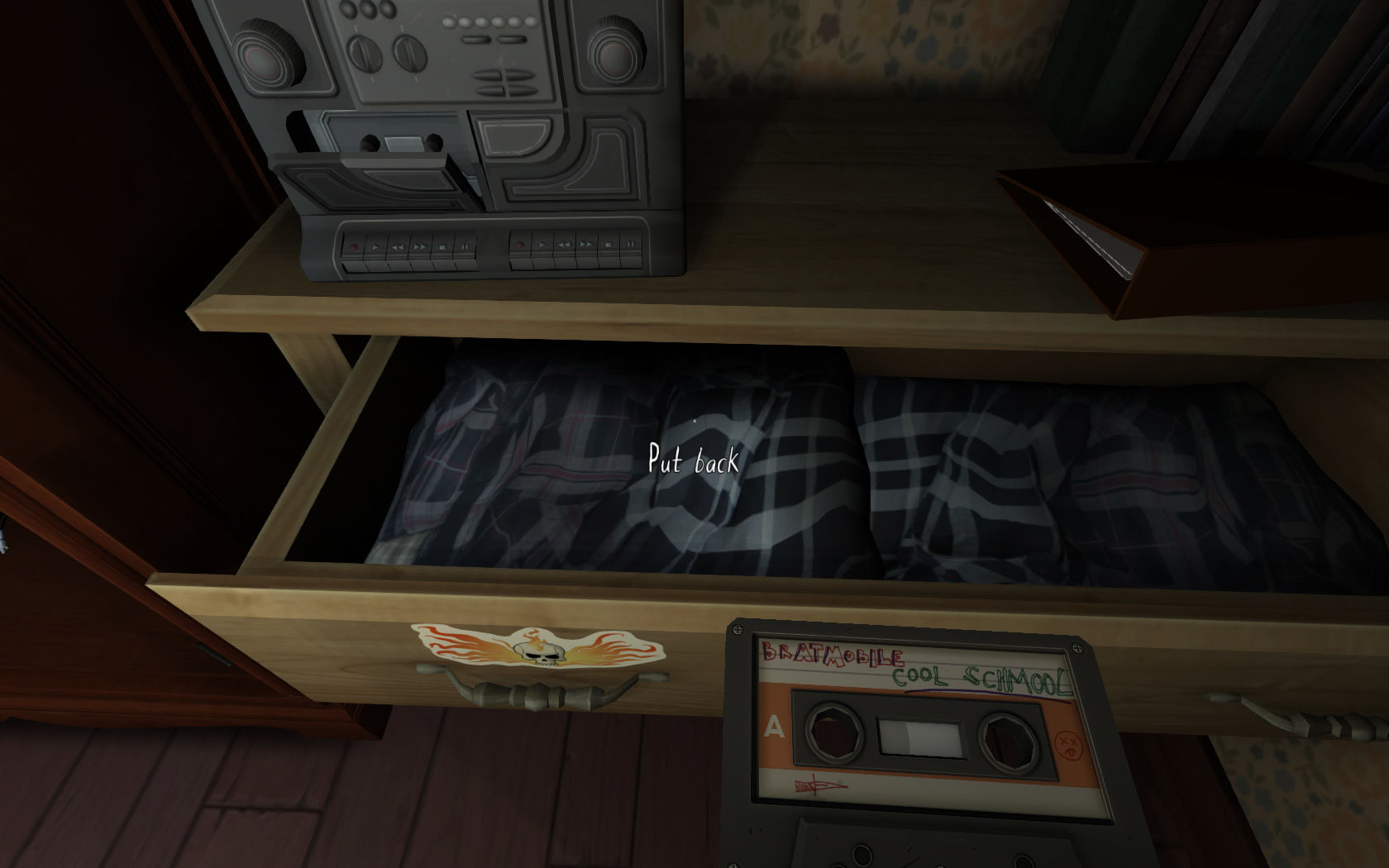Gone Home prevented Tacoma from being judged on its own, says creator Steve Gaynor
"Gone Home connected with more people on a more visceral emotional level."

Despite launching over four years ago, over 50 new Gone Home videos were uploaded to YouTube yesterday. That's according to distribution data site SteamSpy, who also reckons Fullbright's latest game—Tacoma, which was released just over two months ago—had just three.
Fullbright's Steve Gaynor has now described Tacoma's reception as "a very different experience" from Gone Home's 2013 launch—one which has provided he and his team with "a much more realistic version of what launching a game is really like." Gaynor tells me that the videogame landscape has since shifted considerably, and that Gone Home's runaway success met the demands of a then shifting industry: away from violent videogames into more experimental territory.
As our Andy explained in his review, Tacoma is a great game yet it's reception against its forerunner has been lacking—a fact underscored by Gone Home's 700,000+ sales, and Tacoma's ~10,000. Even considering the difference in age, this is a big gap, and while Gaynor acknowledges the evolving nature of the business, he also reckons Tacoma has been in some ways hamstrung by Fullbright's previous success.
"I think it's a very strange place to come from to be making a follow-up to something that's well known and well received," says Gaynor. "To some degree I think it's developed some amount of cache or status around it in the intervening years. This means that Tacoma in a lot of ways couldn't be judged on its own. There was no review that didn't start about Gone Home for a while before then talking about Tacoma." [in Andy's defence, Gone Home is mentioned just twice, very briefly, in his review.]

Gaynor continues, suggesting that this singular datapoint outlook makes perspective difficult. He describes a Gone Home's launch as lightning in a bottle, and that personal identification played a huge part in its appeal.
He adds: "It's an unknowable mental exercise: If someone just totally encountered this thing blind, how would they feel about it, versus, 'I remember playing Gone Home, let me have that as my starting point'. That's something that I think is more true of some players compared to journalists. There's probably more people who are running into Tacoma either for its first time, or they've heard of Gone Home but haven't played it, or they've played it or it was a while ago.
"It's a very strange place to be like: well, what would people have thought of this if it didn't have a precedent? If it theoretically came out in a different year or under different circumstances, or whatever. That's impossible to judge, but it's very much a factor which is something that's inescapable.
Keep up to date with the most important stories and the best deals, as picked by the PC Gamer team.
"I feel like it's a learning experience for us. I think that it is much harder to be one of the indie games that breaks through in a massive way now. Also, we have more overheads now and need to do more with the money that comes in so far as running a company is concerned. I would say that I would have loved for Tacoma to be make more of a massive runaway splash, but I also recognise that I'm also coming from a 2013 point of view on that. That's something that's really interesting—I think Steam both drives and responds to the game buying environment."
Our full interview with Steve Gaynor—wherein the Fullbright head honcho chats about the above in more detail, the challenges of creating Tacoma, and Gone Home's plumbing—will be live in the coming days.

